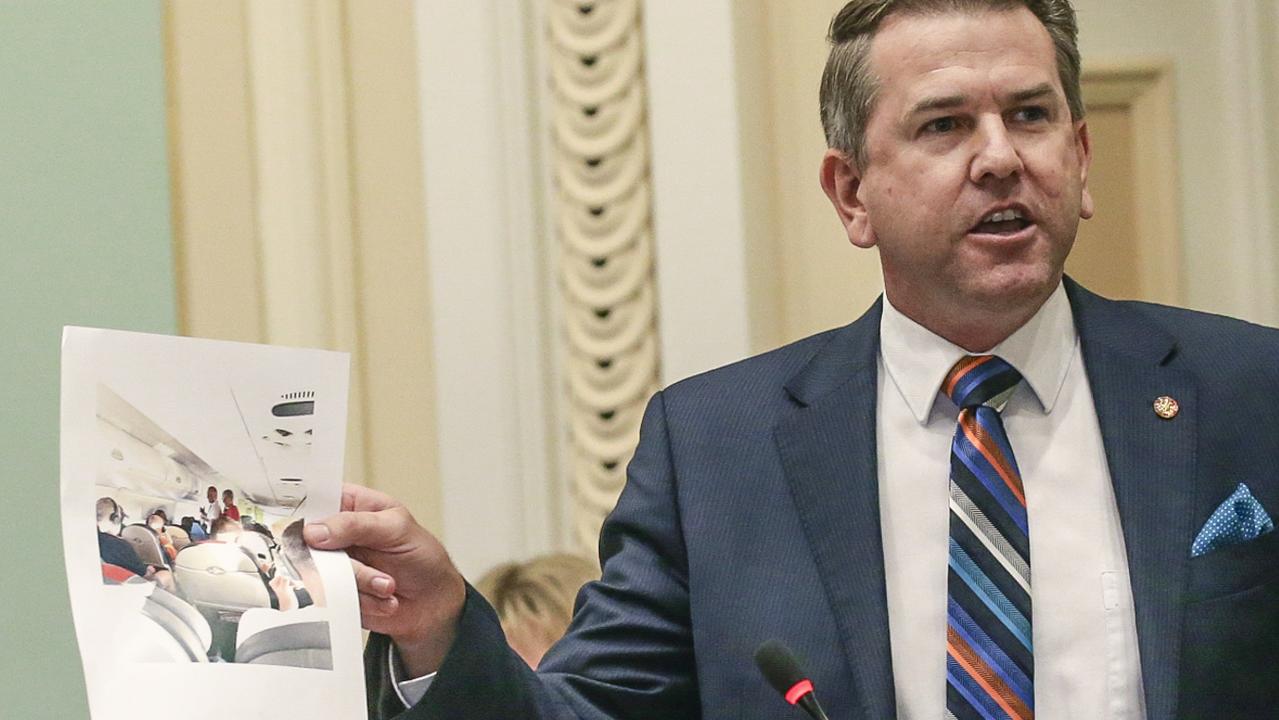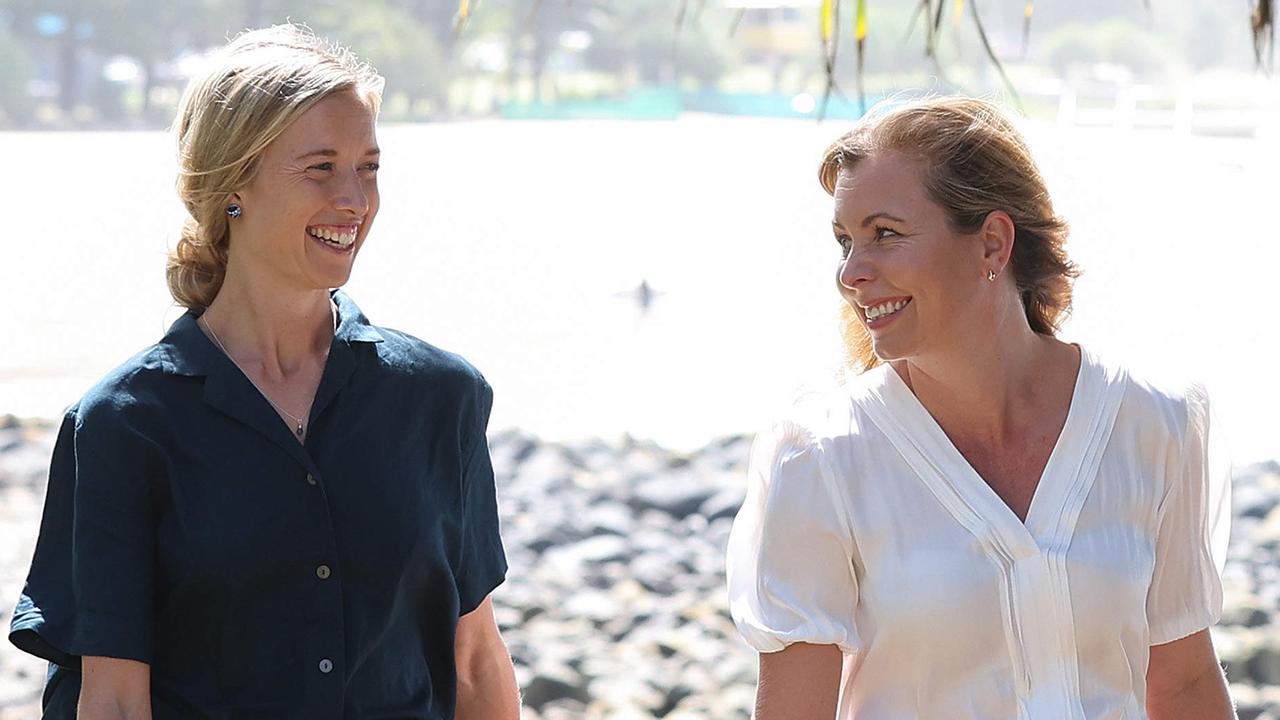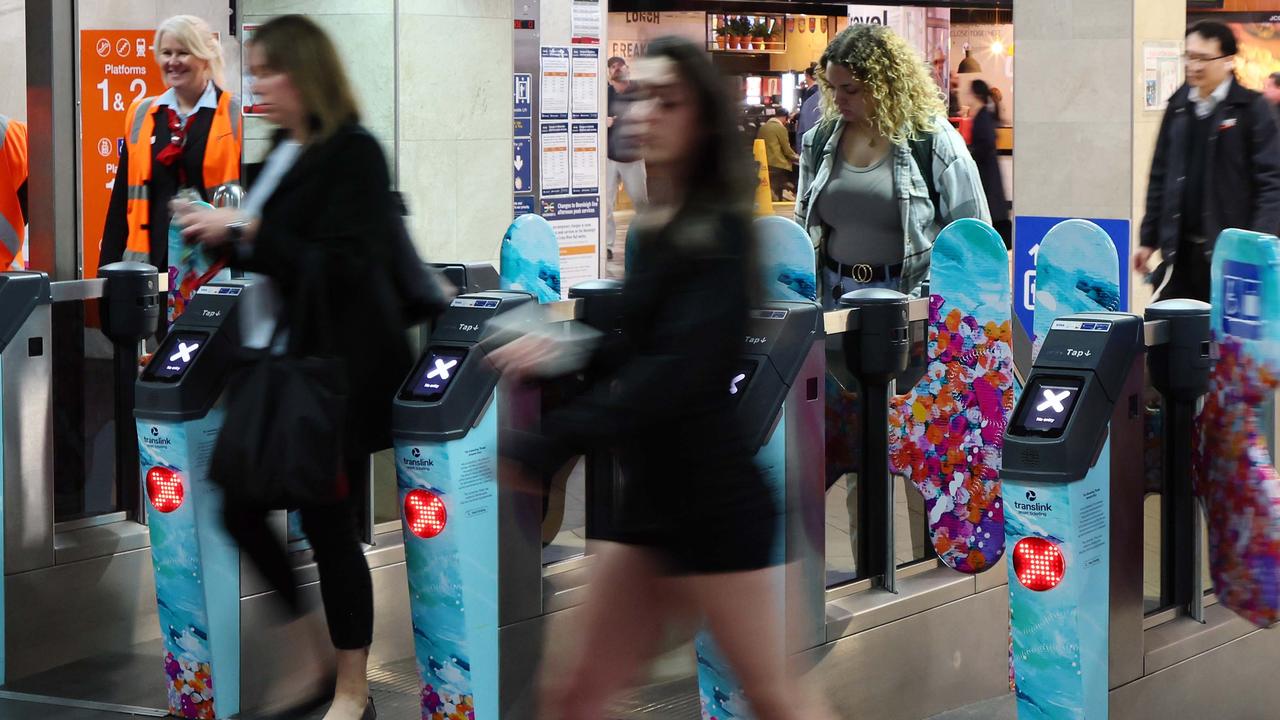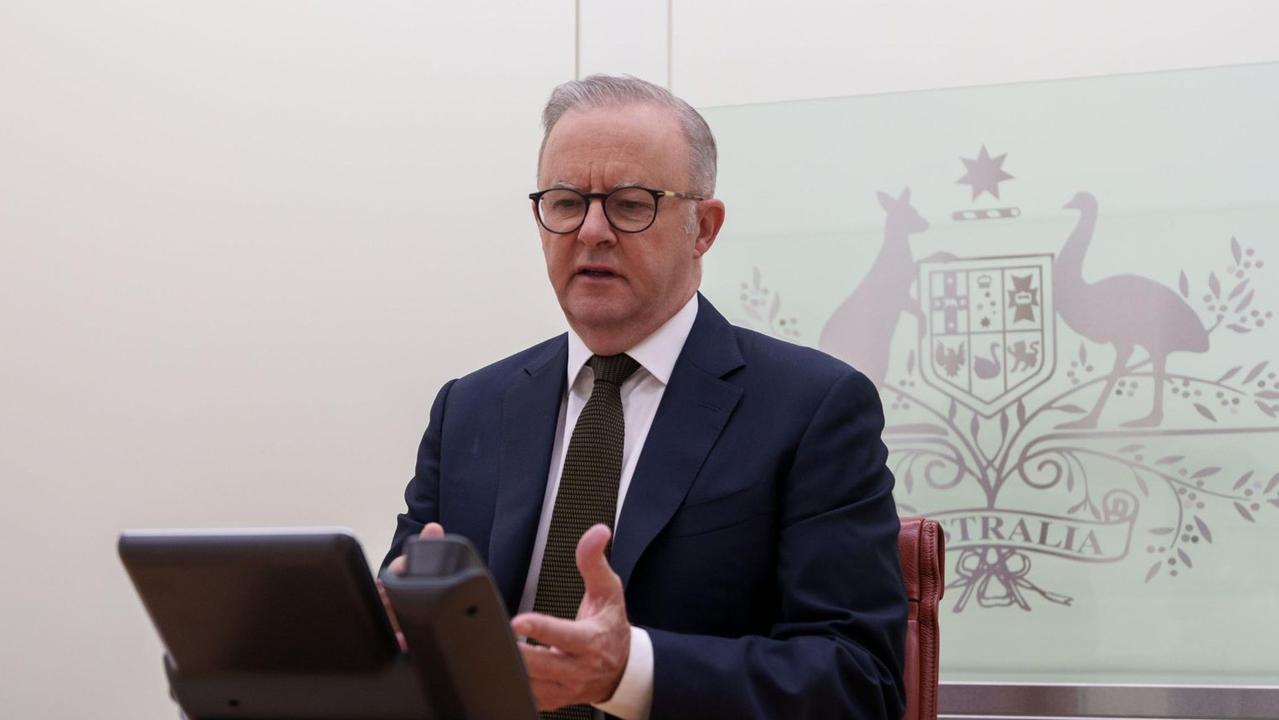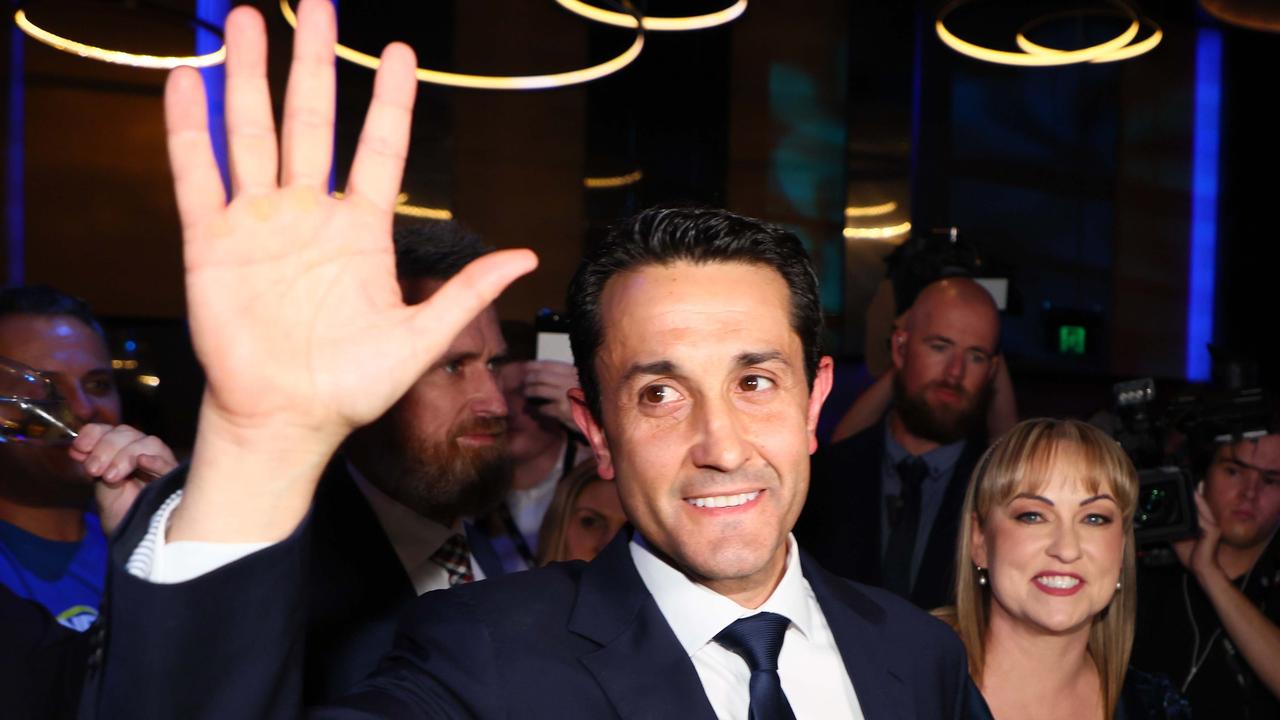NSW Premier’s WFH edict brings the post-Covid party to an end | David Penberthy
It seemed like a good idea back when a pandemic loomed over Australia but it’s become a city-killing catastrophe, writes David Penberthy.

Opinion
Don't miss out on the headlines from Opinion. Followed categories will be added to My News.
In hindsight a lot of it seems absurd.
We have a copper salad bowl at work which stands as a reminder of the nuttier excesses of the great pandemic of 2020.
A well-meaning person in People and Culture had read that the coronavirus had a faster mortality rate when it came into contact with copper than with other surfaces.
For a few weeks there not long after that miserable Scott Morrison press conference locking everything down, the directive went out that after each radio show we had to remove the foam microphone covers and headphones from the studio and give them a swirl in the magic copper bowl, stirring them like the witches in the open scene of Macbeth, to put the death spell on the virus.
Total madness.

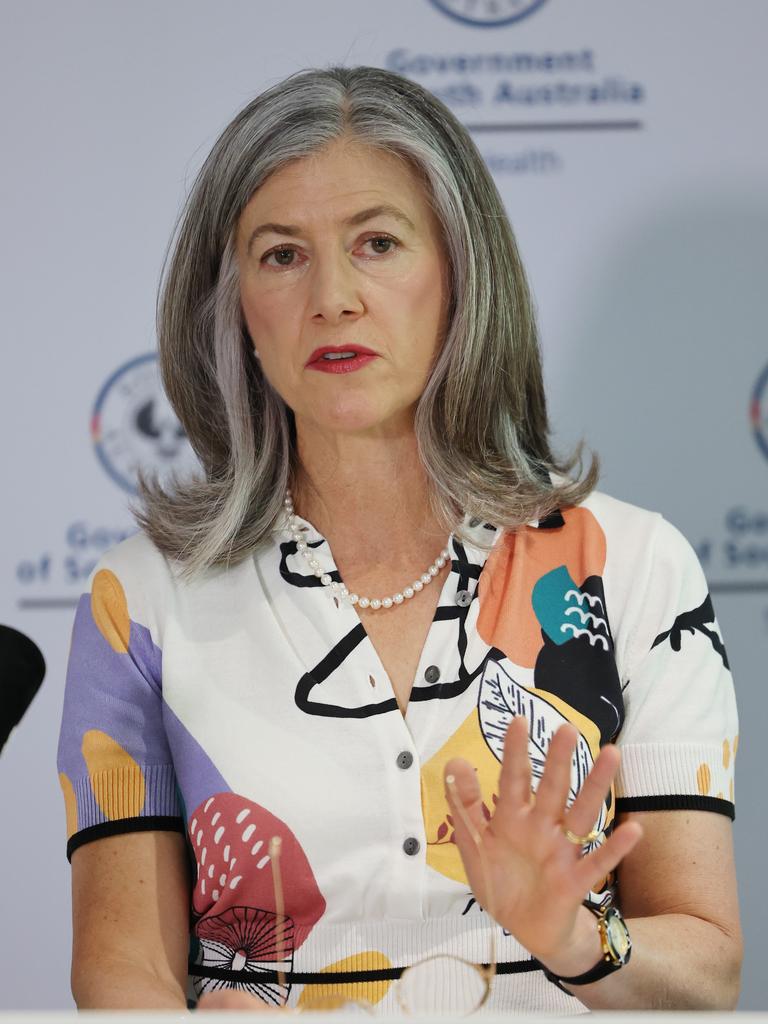
None of this is a knock on HR of course. They had everyone’s best interests at heart.
But looking back from the vantage point of a now-endemic, eminently survivable virus, it all seems bizarre in the extreme.
A bit like that other bizarre Covid-fuelled idea, namely that the collaborative and collegiate environment of the workplace could be replicated in the privacy of our spare rooms as we sprang out of bed at 8.59am and pulled on our trackie dacks for another “hard” day at work.
You can understand the urgency with which work from home was initially introduced.
I re-read some of the columns I wrote in early 2020 and they have a panicked undercurrent like the script from the movie Outbreak.
As the virus cut a swathe through tactile and demonstrative nations such as Italy and Spain, making the most of its deadly head start in Europe, we in Australia fearfully agreed that any form of human contact should be avoided at all costs.
TELL US WHY IN THE COMMENTS
I have a photograph of my niece in our driveway being given her birthday present through a car window in April 2020 to prove it.
Today it is hard to fathom, nowhere more so than in an occupational setting.
An inferior, less productive workplace arrangement has now become the norm in the eyes of some, no longer on health grounds but lifestyle grounds.
The sluggish manner in which workplaces have exited the blanket work-form-home arrangements have been ridiculous in themselves.
I know of workplaces where it was decreed that workers should attend the office three days a week, presumably in the hope that the coronavirus wouldn’t clock on on Tuesdays and Thursdays.
This had nothing to do with health measures, rather the management of industrial expectations, where managers were too timid to take a harder line and tell everyone they were expected back at their desks.
At least these workplaces tried to back-pedal from a pandemic-fuelled arrangement. Some have not shifted at all, and the statistics show that the worst offenders on the continuing WFH front are government departments.
To that end, NSW Premier Chris Minns became a hero for both common sense and productivity this week with his blunt directive that the party’s over and everyone is expected back at work.
Just to be clear, there is a distinction to be drawn between a hard mandate about fronting up for work, while also allowing some flexibility provided that all tasks are met.
Some of the impact of WFH has been undoubtedly good. I see no reason why a productive employee in either a white-collar or blue-collar setting should not be entitled to leave early for child-related duties – and maybe even occasionally to have a hit of golf – provided their duties are being fulfilled.
But the idea that work should involve nothing other than a Monday-through-Friday meander from the bedroom to the spare room, with all the indolent temptations that brings, has officially gone beyond being a joke.
How telling to see the bankrupt state of Victoria wave its open arms at the public servants of NSW, telling them to head down the Hume to what is a safe place for those who believe that working from home is now a human right.
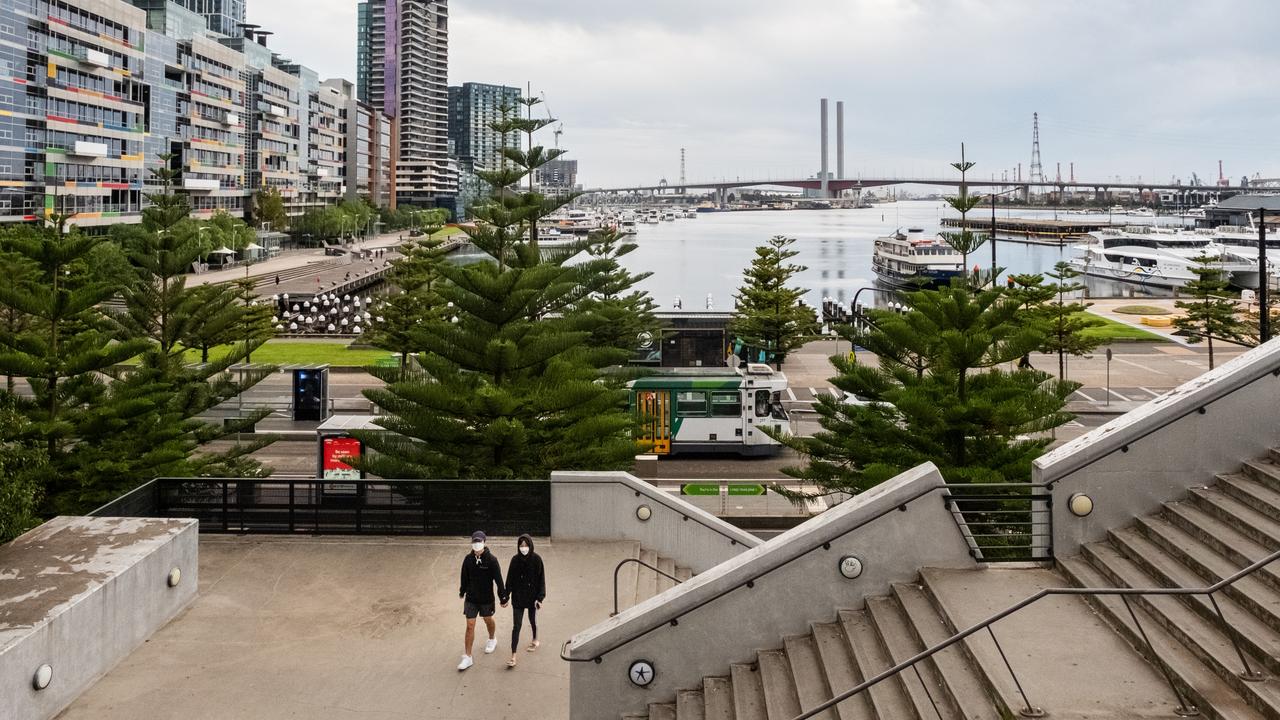
There is a direct link between the For Lease signs that dot Melbourne and the cushy, do-what-you-like stylings of the Victorian Government and its bureaucracy. Adding an open-ended WFH policy to the world’s longest lockdown is a sure-fire city killer.
Damage has been done here in Adelaide too, thanks not just to public sector but private sector workplaces which have persisted with the policy for too long. Our quiet city streets and the collapse in custom at city hospitality businesses, already reeling from power bills and price hikes, all paint a picture of avoidable catastrophe.
The best point Premier Minns made in his circular to public servant staff went to mentoring and team-building.
It reminded us of a great truth of work – that work is always at its best and its most rewarding when it involves other people.
It is at its intellectually best when it involves input from senior people.
The most important early interactions of my career involved vastly more talented older journos such as Peter Blunden, Rex Jory, Kym Tilbrook, and the late and sorely missed Greg Kelton and Geoff Williams, whose counsel and advice was hugely important as a young bloke starting out on a newspaper in the early 1990s.
It was also particularly entertaining that some of that counsel happened at the Criterion Hotel. I am deadly serious about the pub bit.
We all need a social life and work is a huge part of socialising. You can’t replicate any of that in your spare room, unless you’re a raging alcoholic who enjoys their own company.
Chris Minns is right. The party’s over.
Work from home was an understandable product of its times.
In 2024, it’s an idea we must consign to the copper salad bowl of history.
More Coverage
Originally published as NSW Premier’s WFH edict brings the post-Covid party to an end | David Penberthy





